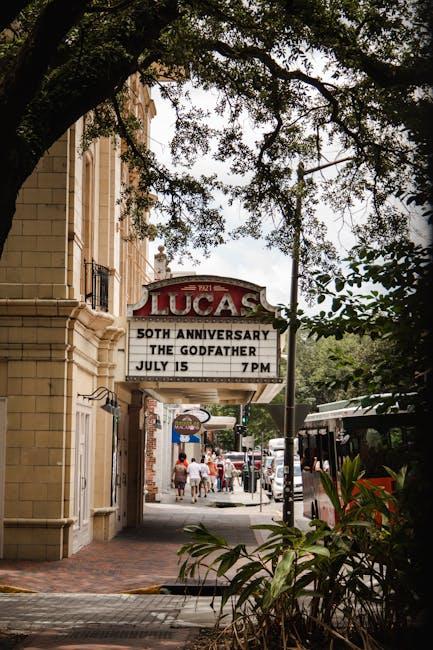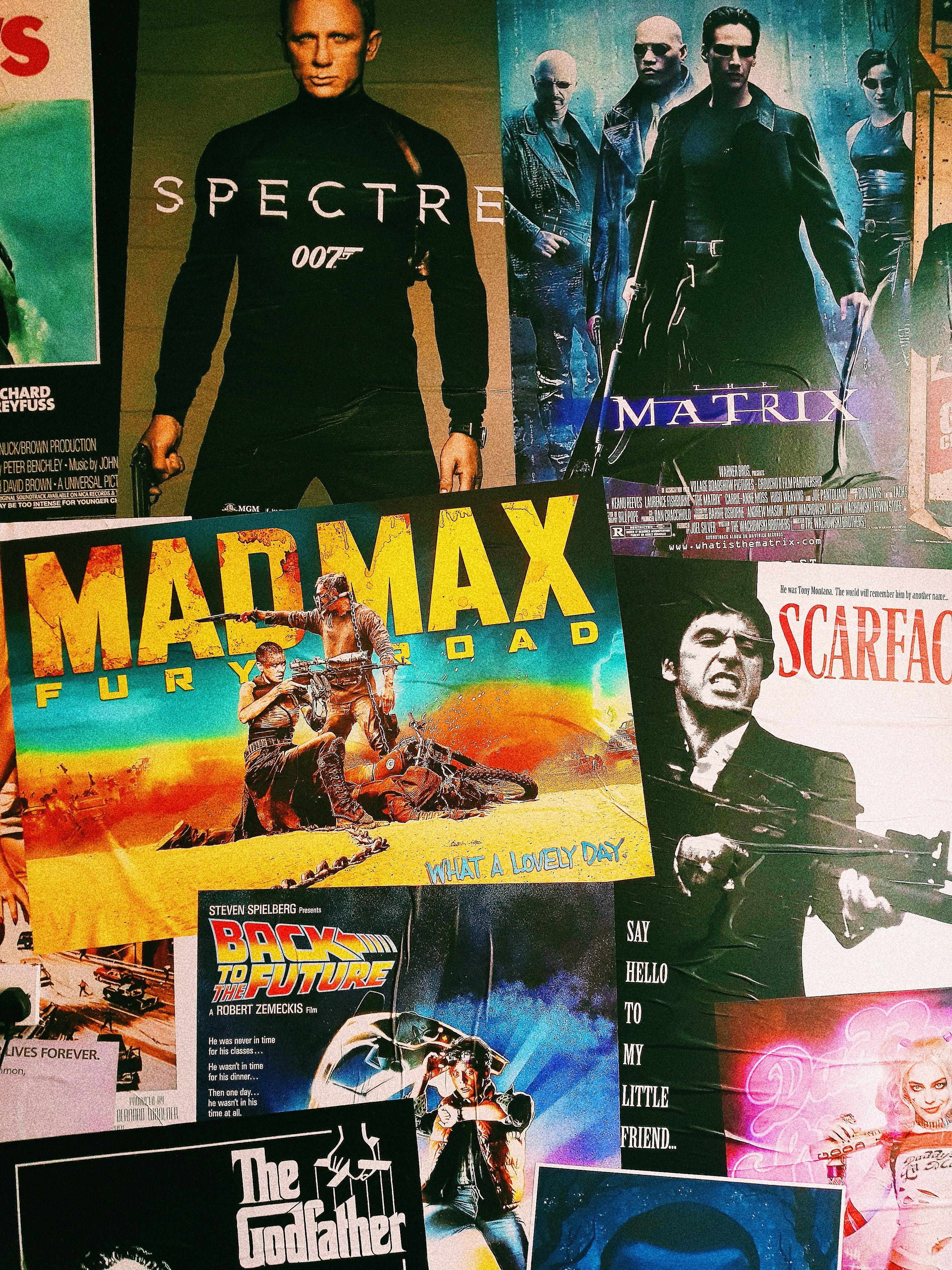Few films have left as indelible a mark on cinematic history as “The Godfather.” Released in 1972 and directed by the visionary Francis Ford Coppola, this masterpiece transcends the boundaries of traditional crime dramas, cementing its status as a paragon of storytelling and character development. As we delve into the reasons why “The Godfather” remains unrivaled in the genre, we will explore its intricate narrative, complex characters, and profound cultural impact. With its perfect blend of artistry and realism, the film continues to captivate audiences and critics alike, affirming its place as the best crime drama of all time.
Character Complexity and Moral Ambiguity
The enduring appeal of The Godfather lies in its exploration of complex characters and the moral ambiguity that surrounds them. At the heart of the narrative is Michael Corleone, whose transformation from a reluctant outsider to a ruthless leader exemplifies the intricate layers of human motivation and ethical dilemmas. Michael’s journey is not just a descent into criminality but a poignant reflection on loyalty, power, and the seductive nature of control.
The film challenges viewers to grapple with the blurred lines between right and wrong, presenting a world where traditional moral compasses are constantly tested. Consider the following:
- Family Loyalty vs. Personal Ethics: Characters often face conflicts between their duties to family and their own moral beliefs.
- Power and Corruption: The narrative delves into how power can corrupt even the most principled individuals.
- Justice and Retribution: The idea of justice is explored through acts of vengeance that question the true meaning of righteousness.
These elements combine to create a rich tapestry of narrative complexity, making The Godfather a timeless exploration of the human condition, compelling audiences to reflect on their own values and choices.

Cinematic Mastery and Storytelling Excellence
Francis Ford Coppola’s direction in “The Godfather” showcases an unparalleled level of cinematic artistry. Each scene is meticulously crafted, with a profound attention to detail that immerses the viewer in the world of the Corleone family. The use of lighting and shadow creates a palpable tension, enhancing the narrative’s darker themes. The film’s pacing is deliberate, allowing characters to develop fully and plotlines to intertwine seamlessly, resulting in a story that is both epic and intimate.
- Complex Characters: The multidimensional characters, from the enigmatic Don Vito to the reluctant Michael, provide a rich tapestry of motivations and conflicts.
- Iconic Dialogue: Lines that have become part of cinematic lore, offering insight into the characters’ psyche and the moral ambiguities they navigate.
- Symbolic Imagery: From the opening wedding scene to the haunting final door close, symbolism is woven throughout, adding layers of meaning.
Through its masterful storytelling, “The Godfather” transcends the crime genre, exploring themes of power, loyalty, and the American Dream with a complexity that resonates across generations.

Cultural Impact and Timeless Influence
The Godfather has etched itself into the fabric of global culture, transcending its genre to influence countless aspects of art and society. Its impact is seen not just in the realm of cinema but in literature, music, and even fashion. The film’s iconic lines and characters have permeated popular culture, becoming references in a myriad of contexts. The meticulous storytelling and profound themes of power, loyalty, and betrayal resonate universally, making it a timeless piece that continues to captivate audiences across generations.
- Influence on Filmmaking: It set new standards for narrative complexity and character development in crime dramas.
- Iconic Characters: Figures like Don Vito Corleone and Michael Corleone have become archetypes in storytelling.
- Enduring Quotes: Phrases such as “I’m gonna make him an offer he can’t refuse” have entered the cultural lexicon.
- Fashion Statements: The film’s style has influenced fashion, with its elegant depiction of 1940s and 50s attire.
The enduring legacy of The Godfather lies in its ability to reflect and shape societal values. Its exploration of the American Dream, through the lens of the immigrant experience and the pursuit of power, offers insights that remain relevant today. This cultural phenomenon is more than just a movie; it’s a profound commentary on human nature and ambition, continually inspiring new interpretations and adaptations.

Narrative Depth and Emotional Resonance
At the heart of The Godfather lies its unparalleled ability to weave a complex tapestry of human emotions and relationships, elevating it beyond a mere crime drama. The film delves deep into the psyche of its characters, exploring themes of power, loyalty, and family. This narrative depth is brought to life through richly developed characters like Michael Corleone, whose transformation from reluctant outsider to ruthless leader is both compelling and tragic. The audience is invited to witness the moral dilemmas faced by each character, making them more than just figures in a crime saga but rather multifaceted individuals with their own stories and struggles.
- Complex Character Arcs: Characters evolve in ways that are both unexpected and inevitable, offering a profound exploration of human nature.
- Emotional Connections: The relationships between characters are intricately portrayed, from the tense father-son dynamics to the bonds of brotherhood.
- Themes of Legacy and Honor: These resonate deeply, reflecting the personal and societal conflicts that drive the narrative forward.
Through its masterful storytelling, The Godfather achieves a level of emotional resonance that continues to captivate audiences, ensuring its place as the pinnacle of the genre.

